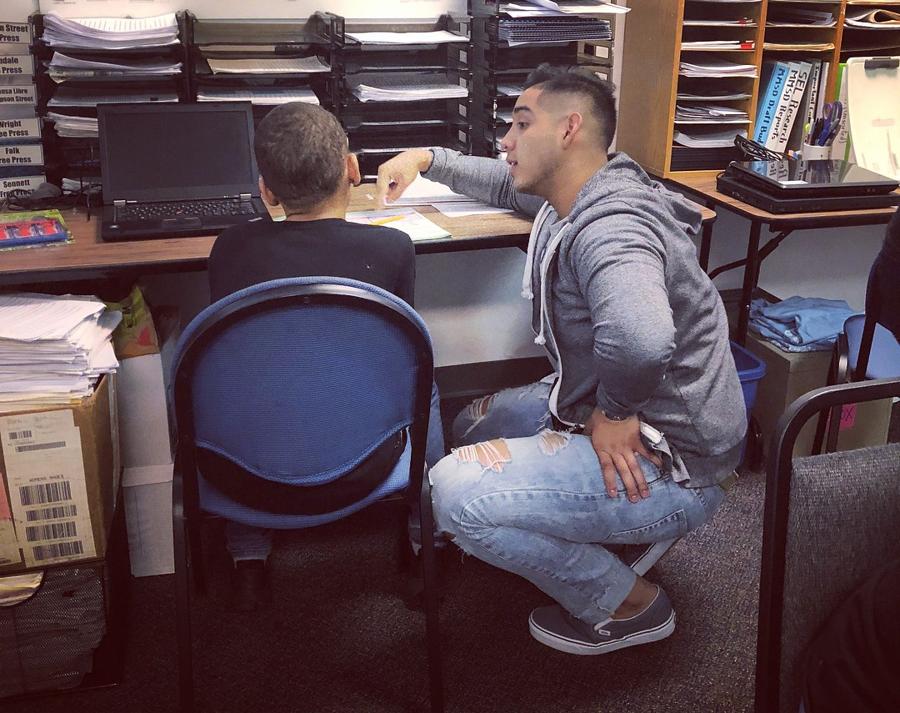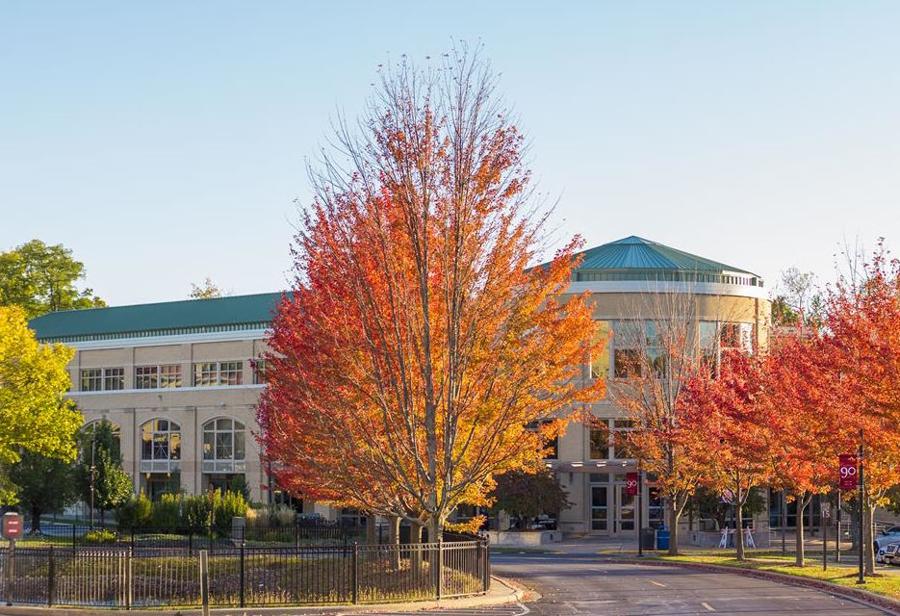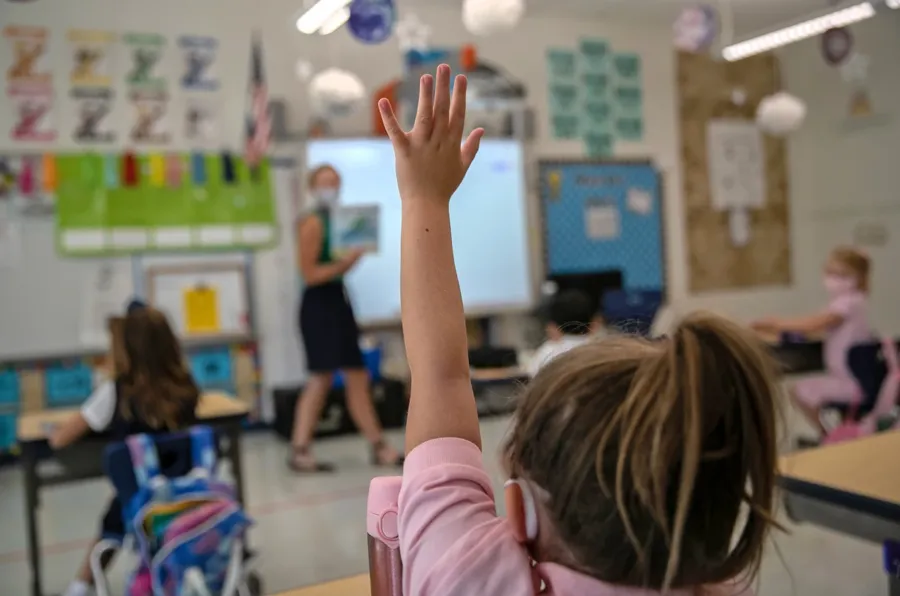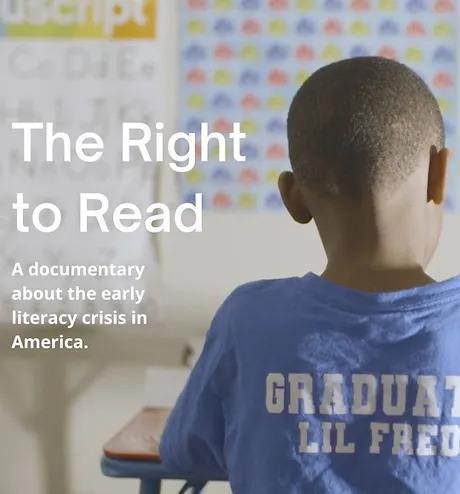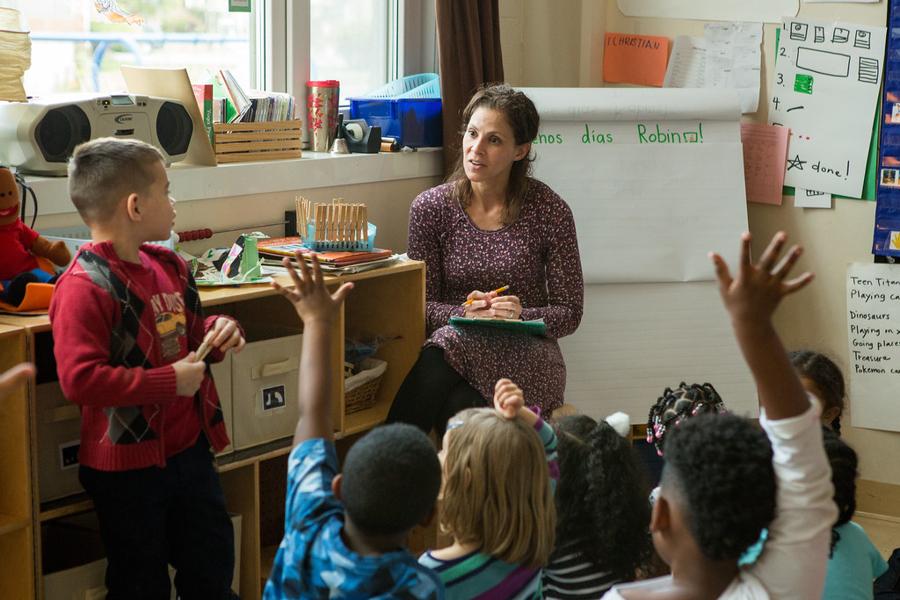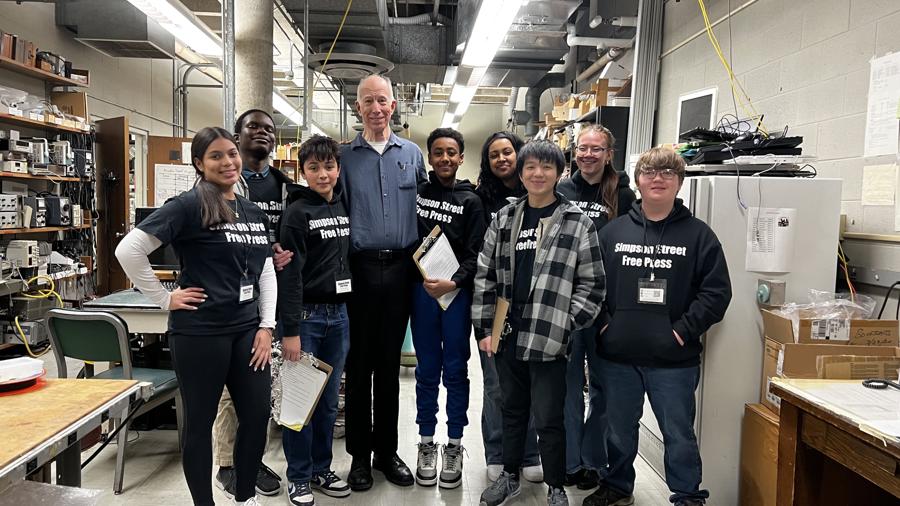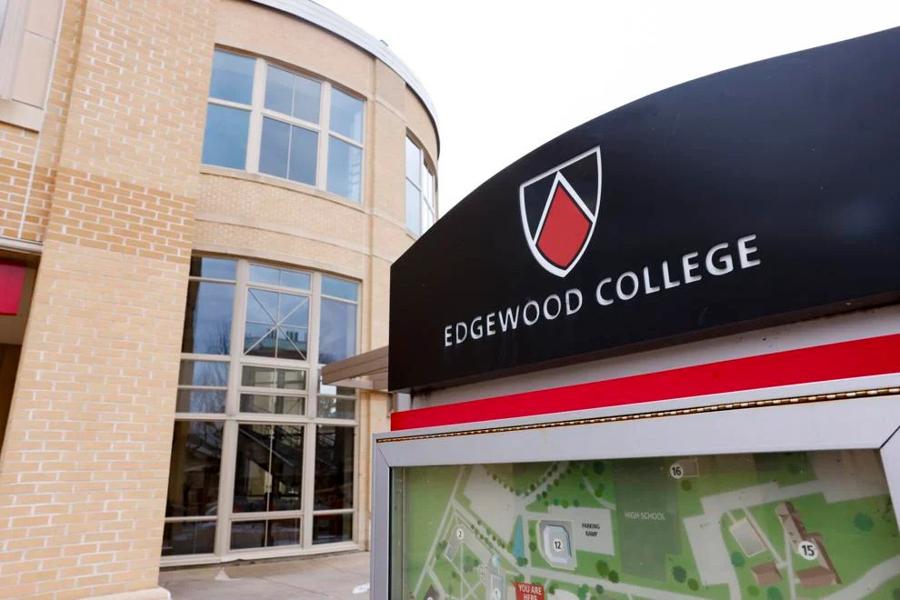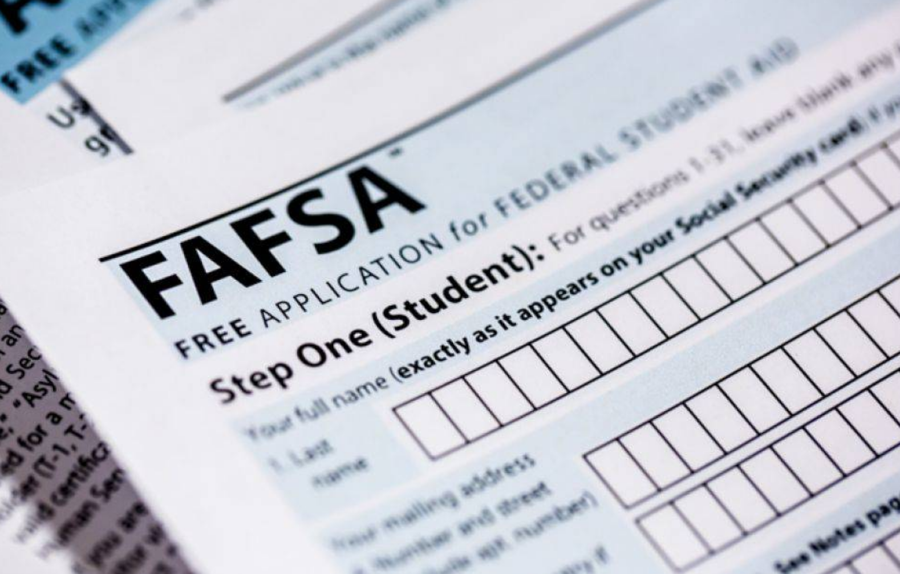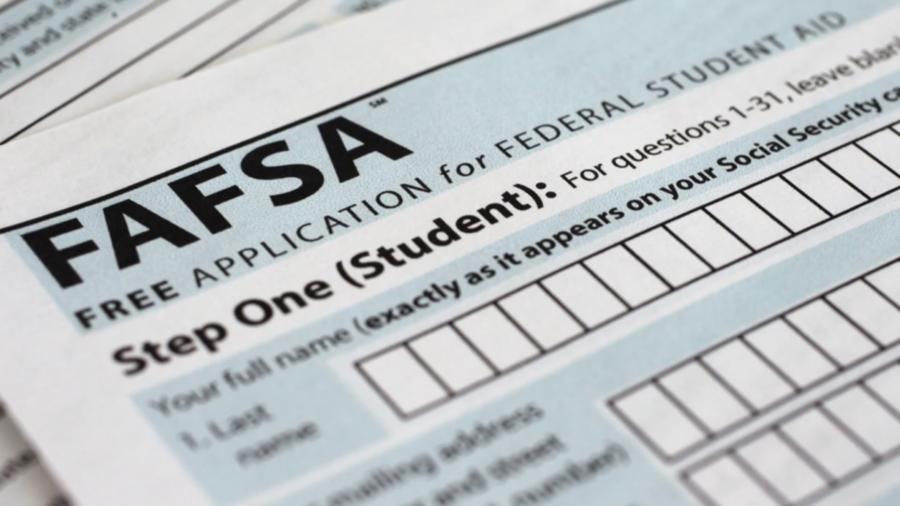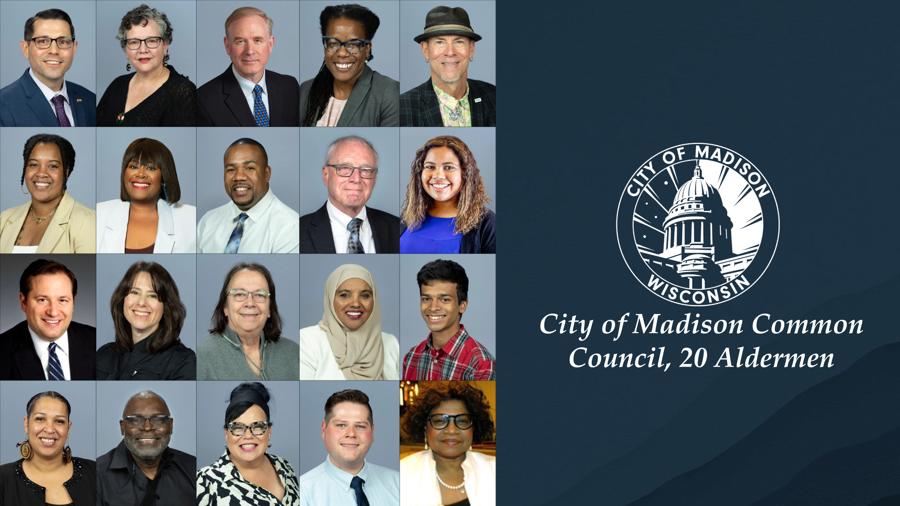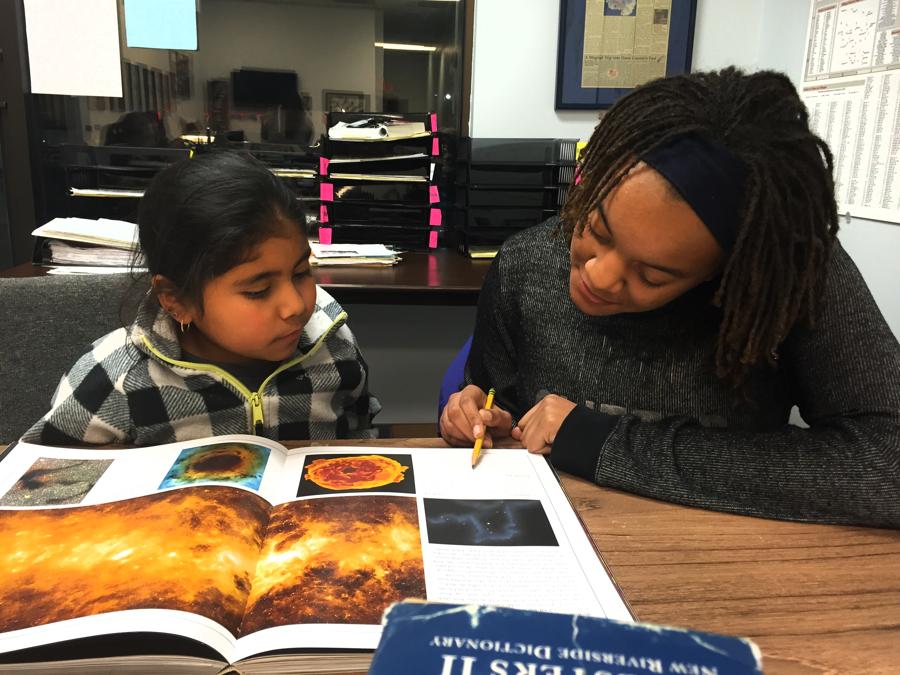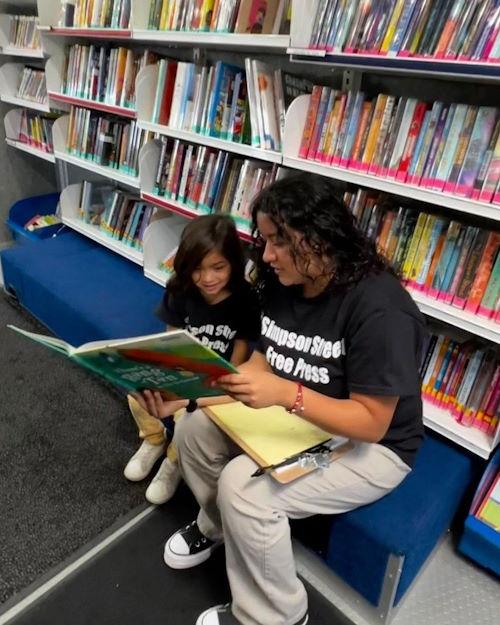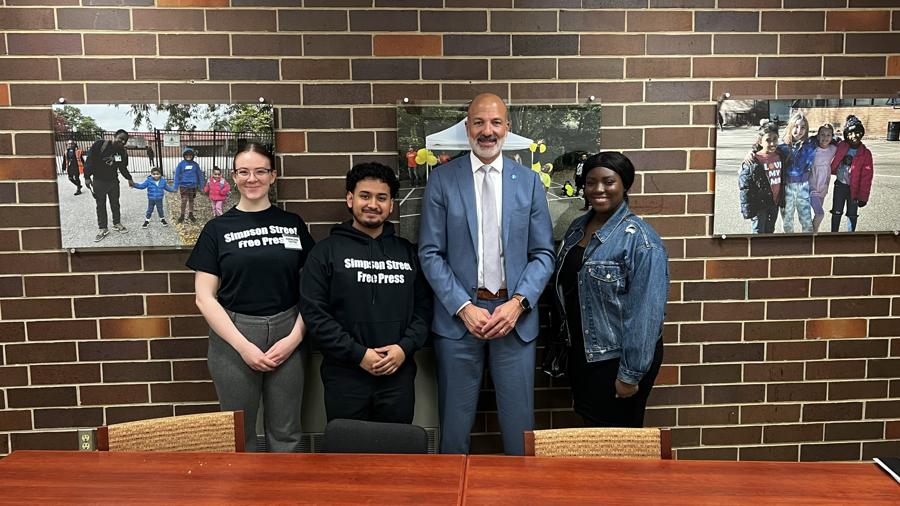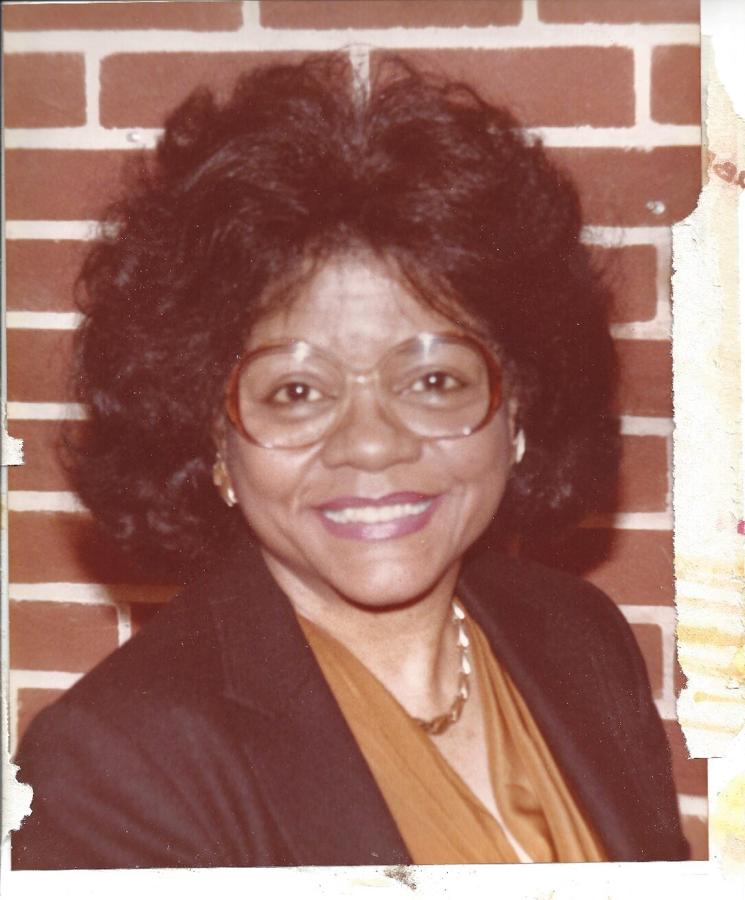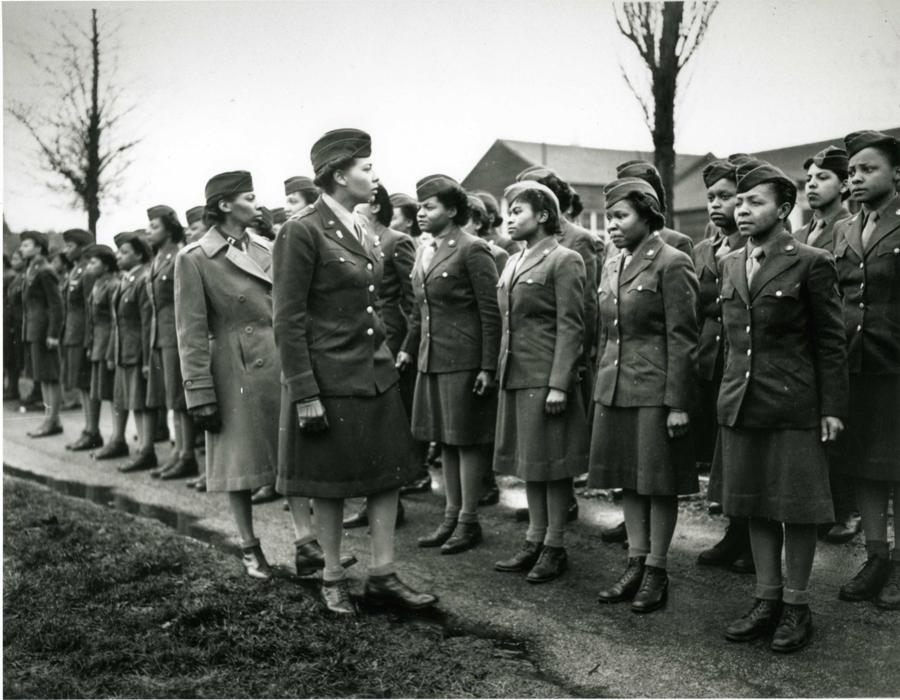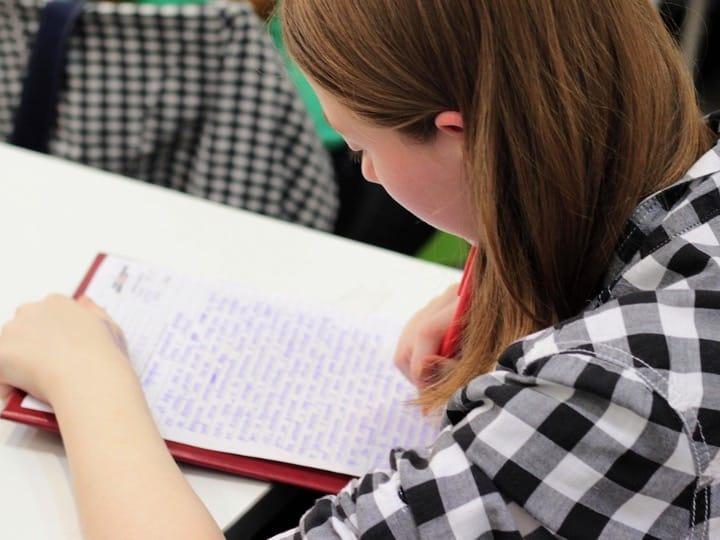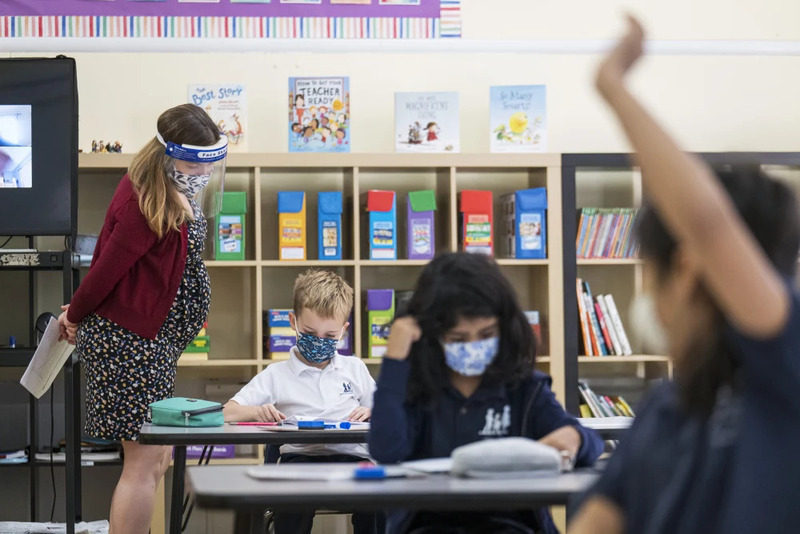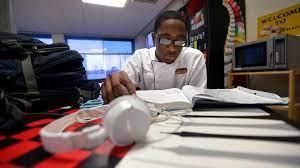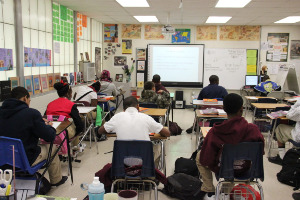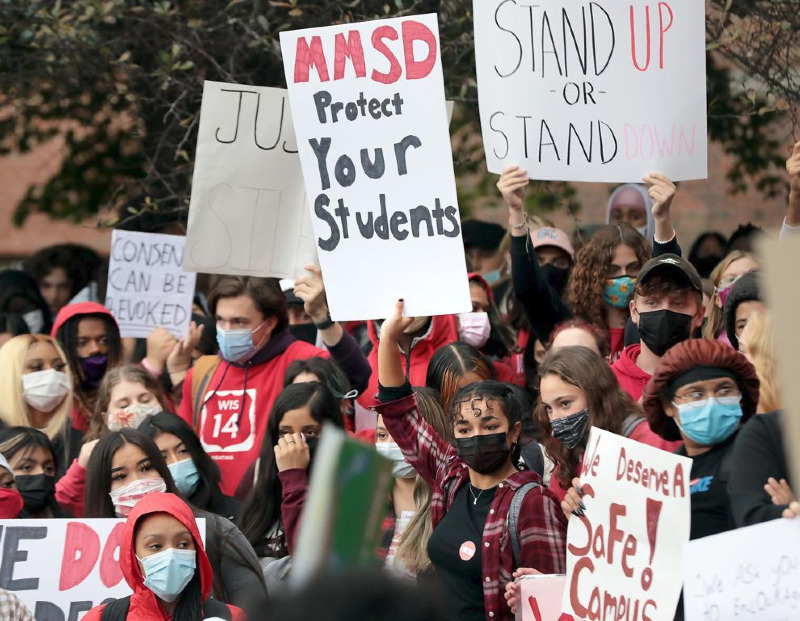
by Daniel Li, age 16
Recent investigations by Mozilla's Privacy Not Included project have uncovered a startling reality about modern vehicles. Far from being mere transportation devices, these cars have transformed into sophisticated data-collection machines, raising concerns about privacy and personal data security.
Mozilla's study meticulously evaluated 25 major car brands, concluding that none of the cars followed fundamental privacy and security norms in their internet-connected vehicles. All brands, including giants like BMW, Ford, Toyota, Tesla, and Subaru, failed Mozilla's assessment. These vehicles are not just tracking mundane details like location or driving speed; they are delving into intensely personal aspects such as the driver's race, facial expressions, weight, and health information.
Volkswagen vehicles, for example, monitor seatbelt usage and braking intensity. More invasive still, specific models reportedly gather data on the driver's sexual activity, race, and immigration status. Nissan, identified as the most egregious violator, collects and reserves the right to sell information ranging from sexual activity to health diagnoses and genetic data. Their privacy policy outlines a willingness to sell a wide array of personal data, from preferences to psychological tendencies. [Read More]



